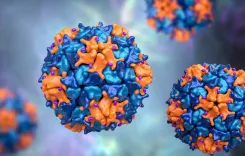Tackling Food Wastage: A Call to Conserve
By Rizwan Shaikh
21 August 2023
In a world where plenty coexists with scarcity, the issue of food wastage has become a pressing concern. The alarming statistics reveal that approximately one-third of all food produced for human consumption is lost or wasted. This not only strains our resources but also exacerbates environmental challenges. It's imperative that we address this issue head-on to ensure a sustainable and equitable future for all.
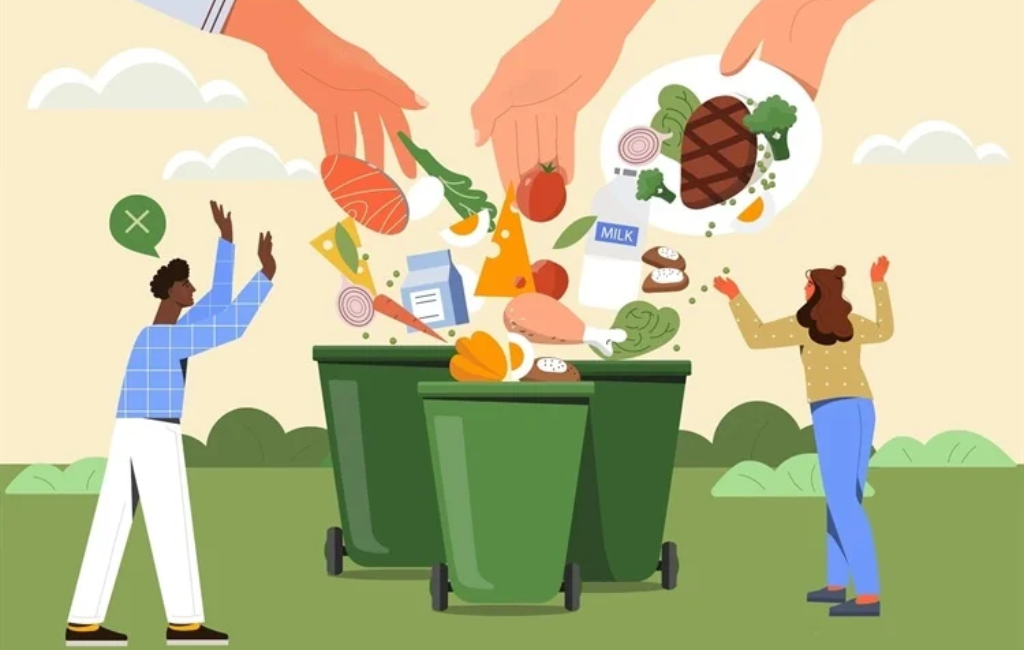
The Causes and Consequences of Food Wastage:
Food wastage is a complex problem driven by various factors. One major cause is consumer behavior, where unrealistic aesthetic standards and confusion over expiration dates lead to discarded perfectly edible food. Restaurants and food service establishments also play a role through oversized portions and inefficient practices. The consequences are far-reaching, from perpetuating hunger to placing unnecessary burdens on landfills and contributing to greenhouse gas emissions.
Efforts and Solutions:
Addressing food wastage requires a multi-faceted approach. Innovations in packaging, transportation, and storage can extend the shelf life of products. Many organizations divert surplus food to needy people through food banks and distribution networks. Consumers can participate by planning meals, embracing leftovers, and supporting businesses prioritizing sustainability. Initiatives like composting can reduce the burden on landfills and contribute to healthier soil.
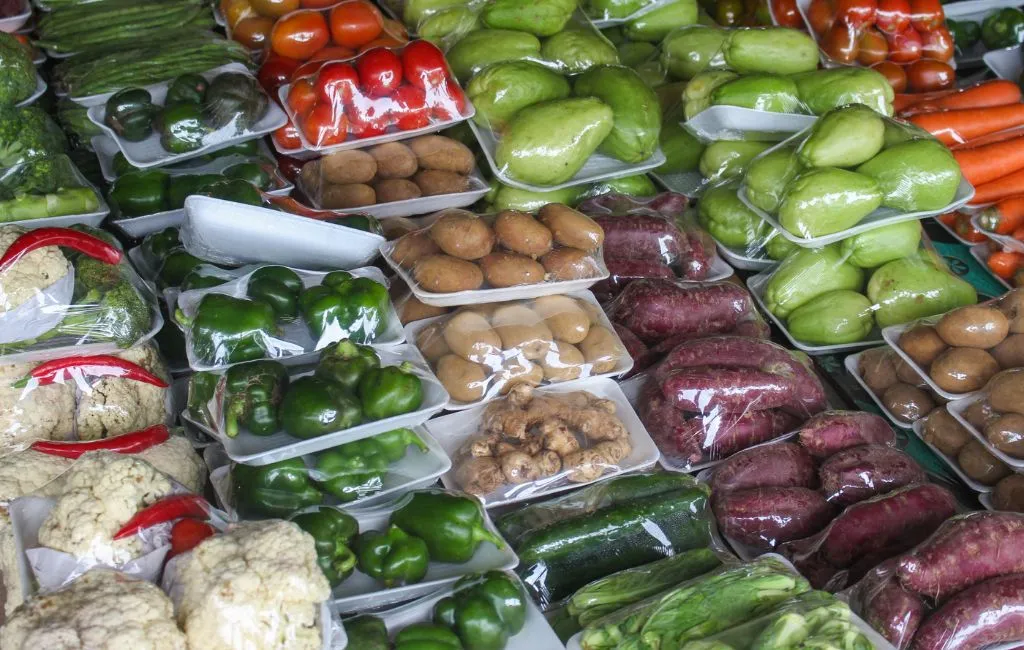
The Environmental Impact:
Food wastage is not just a loss of resources but also an environmental hazard. The water, energy, and land used to produce uneaten food are essentially squandered. Furthermore, as discarded food decomposes in landfills, it releases methane, a potent greenhouse gas. Addressing food wastage is a critical step toward achieving global sustainability goals and mitigating climate change.
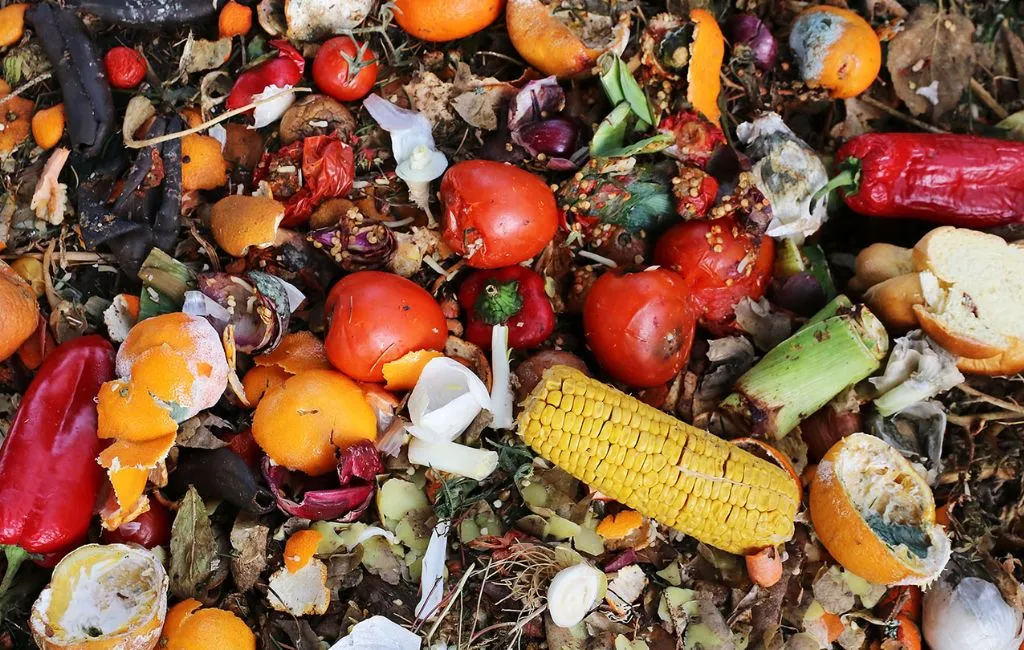
Collective Action for Change:
The challenge of food wastage demands a united effort. Governments, businesses, communities, and individuals all have a role to play. By supporting policies that incentivize responsible production and consumption, businesses can contribute to a circular economy. Communities can establish local food-sharing initiatives, ensuring that surplus food reaches those in need. Individual actions, such as mindful shopping and creative use of leftovers, collectively lead us toward valuing resources, reducing hunger, and preserving the environment for generations to come.
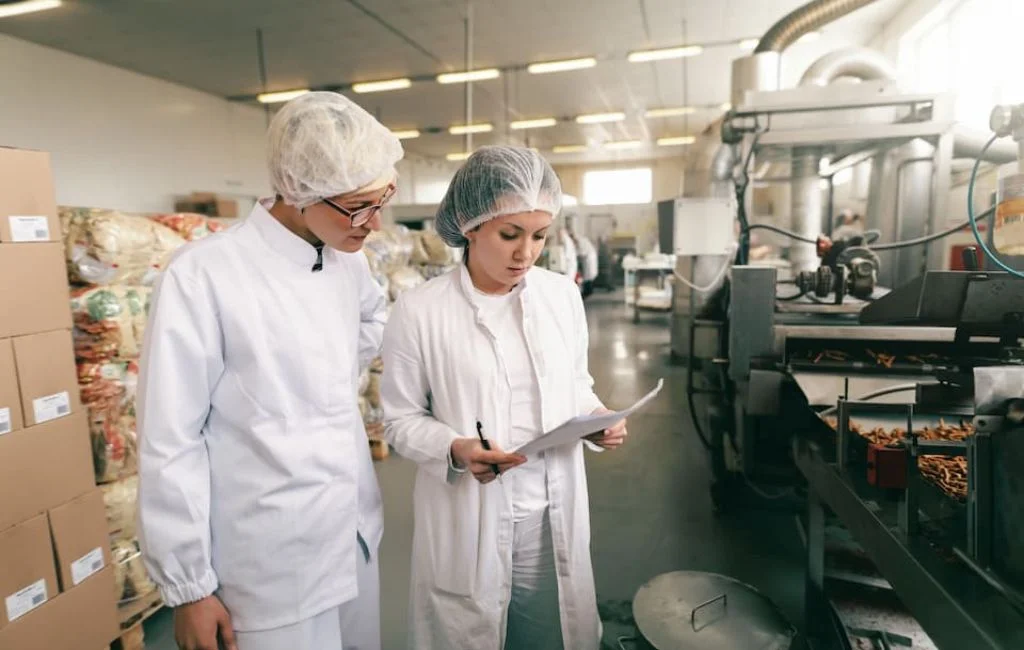
Conclusion:
In the face of the growing food wastage crisis, it's clear that no single entity can tackle it alone. Collaboration is the key to success. By working together, we can transform wasteful practices into sustainable solutions. As we strive to create a world where resources are cherished, hunger is minimized, and the environment is safeguarded, each contribution – whether from governments, businesses, communities, or individuals – is a step toward a brighter future.
You Might Also Want To Read This
Popular Posts





